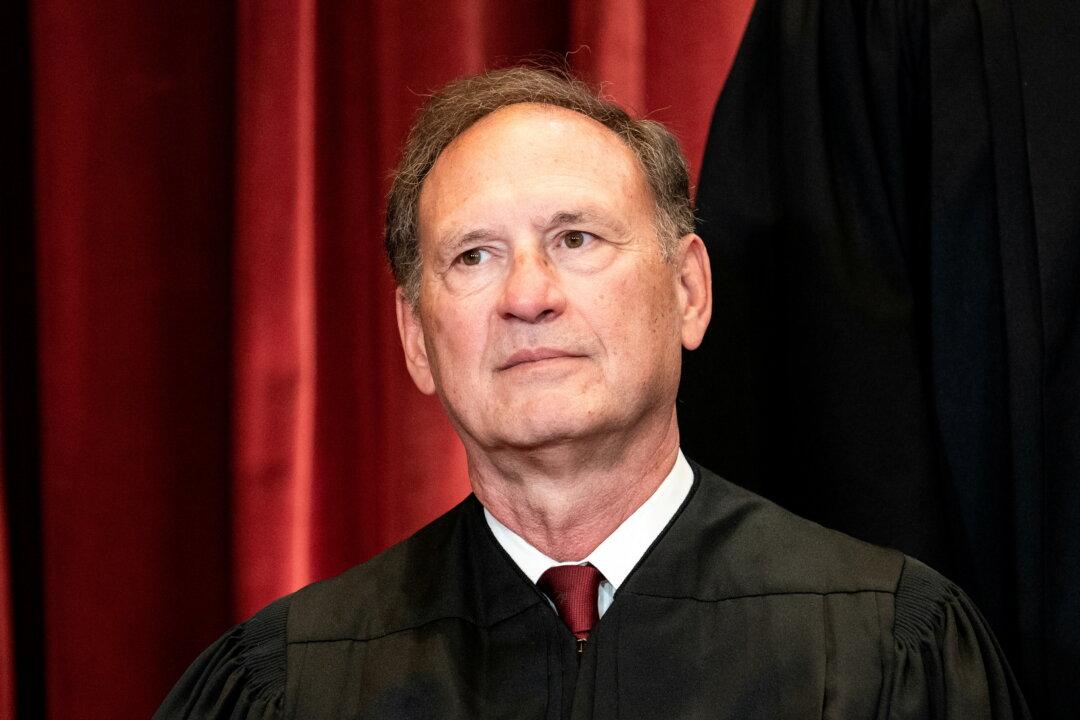The U.S. Supreme Court on Friday kept intact a temporary injunction on restrictions that were imposed by lower courts on the Biden administration’s ability to communicate with social media companies over removing content that it deems to be misinformation.
Justice Samuel Alito temporarily placed on hold a preliminary injunction constraining how federal officials and the White House communicate with platforms such as Facebook, Instagram, YouTube, or X, formerly Twitter. Attorneys general in Missouri and Louisiana last year filed a lawsuit against the administration and other federal officials, accusing them of censoring conservatives on topics such as the 2020 election or COVID-19 vaccines.





